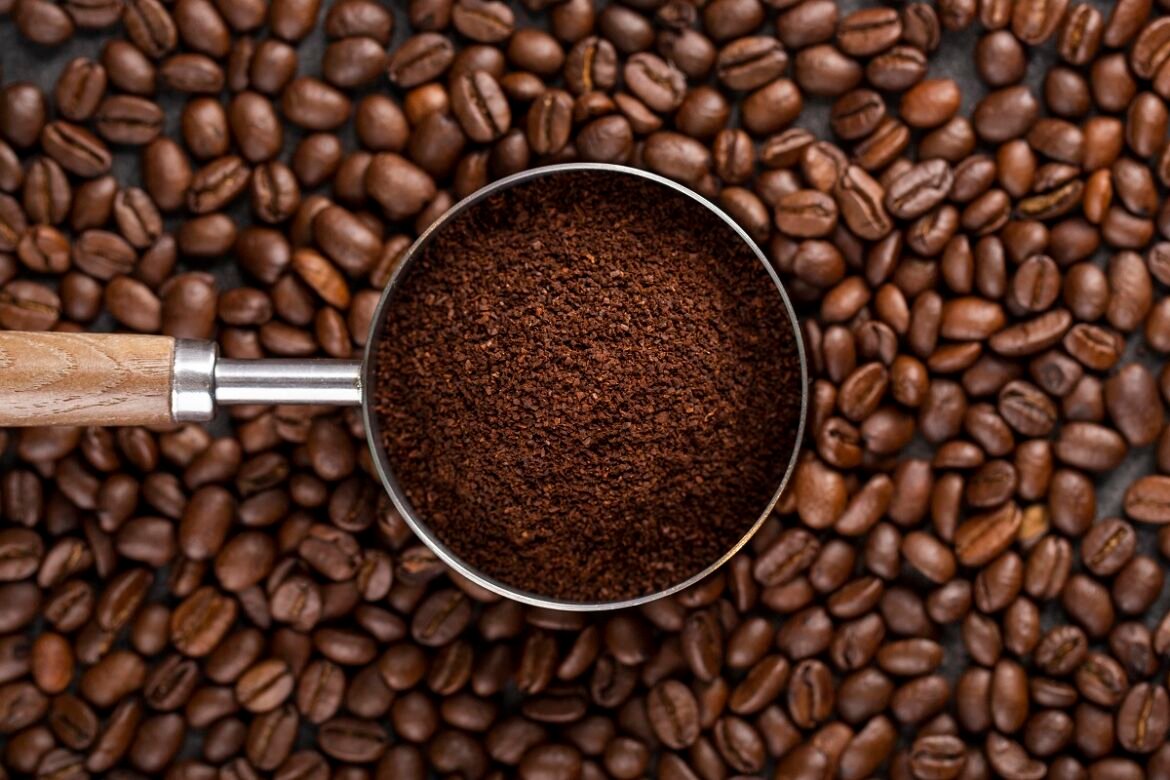Organic coffee refers to coffee beans that are grown and processed without the use of synthetic chemicals, such as pesticides, herbicides, and fertilizers. Proponents of organic coffee argue that it is not only better for the environment but also for human health due to the potential presence of higher levels of antioxidants compared to conventionally grown coffee.
Antioxidants are substances that can prevent or slow damage to cells caused by free radicals, which are unstable molecules produced as a result of various metabolic processes in the body. Free radicals are also formed in response to environmental factors like pollution and radiation. Antioxidants can neutralize free radicals, thereby reducing oxidative stress and preventing cellular damage that can lead to chronic diseases like cancer, heart disease, and neurodegenerative disorders.
There are several reasons why organic coffee higher antioxidant levels might have compared to conventional coffee:
Maybe Yes
- Pesticide-free cultivation: Chemical pesticides can interfere with the natural production of antioxidants in plants. In the absence of synthetic chemicals, organic coffee plants may produce more antioxidants to protect themselves from pests and diseases.
- Soil health: Organic farming practices emphasize the importance of soil health by promoting the use of natural fertilizers, crop rotation, and other techniques to maintain nutrient-rich soil. Healthier soil can lead to more nutrient-dense plants, which in turn can produce more antioxidants.
- Shade-grown cultivation: Organic coffee is often grown under the shade of diverse tree canopies, which helps maintain a natural ecosystem that fosters healthier plants. Shade-grown coffee plants may produce more antioxidants to protect themselves from the stress of variable sunlight conditions and the increased presence of pests and diseases in a diverse ecosystem.
- Processing methods: Organic coffee beans are typically processed without the use of harmful chemicals, which can preserve the beans’ natural antioxidant content. Conventional coffee processing methods may involve chemicals that can degrade antioxidants.
Discrepancies
It is important to note that research findings on the antioxidant content of organic versus conventional coffee can vary. Some studies have found that organic coffee has higher antioxidant levels, while others have found no significant difference. The discrepancies may be due to variations in farming practices, processing methods, and the specific types of coffee beans studied.
More Studies, More Research
In conclusion, there is some evidence to suggest that organic coffee may have higher antioxidant levels than conventionally grown coffee, which could be due to factors like pesticide-free cultivation, healthier soil, shade-grown conditions, and natural processing methods. However, more research is needed to definitively establish the relationship between organic farming practices and antioxidant content in coffee.
Sources:
- PubMed (https://pubmed.ncbi.nlm.nih.gov): A comprehensive database of scientific studies and research papers, where you can search for studies on organic coffee and antioxidant content by using relevant keywords.
- Google Scholar (https://scholar.google.com): Another resource for finding scholarly articles and research papers on the topic of organic coffee and antioxidants.
- USDA National Organic Program (https://www.ams.usda.gov/rules-regulations/organic): The USDA National Organic Program provides information about organic farming practices and standards, which can help you understand the differences between organic and conventional coffee production.
- Specialty Coffee Association (https://sca.coffee): The Specialty Coffee Association is a professional organization that promotes specialty coffee worldwide. Their website contains articles and resources related to coffee production, including information on organic coffee.
- World Coffee Research (https://worldcoffeeresearch.org): World Coffee Research is an organization dedicated to coffee research and development. Their website contains research and reports on various aspects of coffee production, including sustainability and the potential benefits of organic farming.

